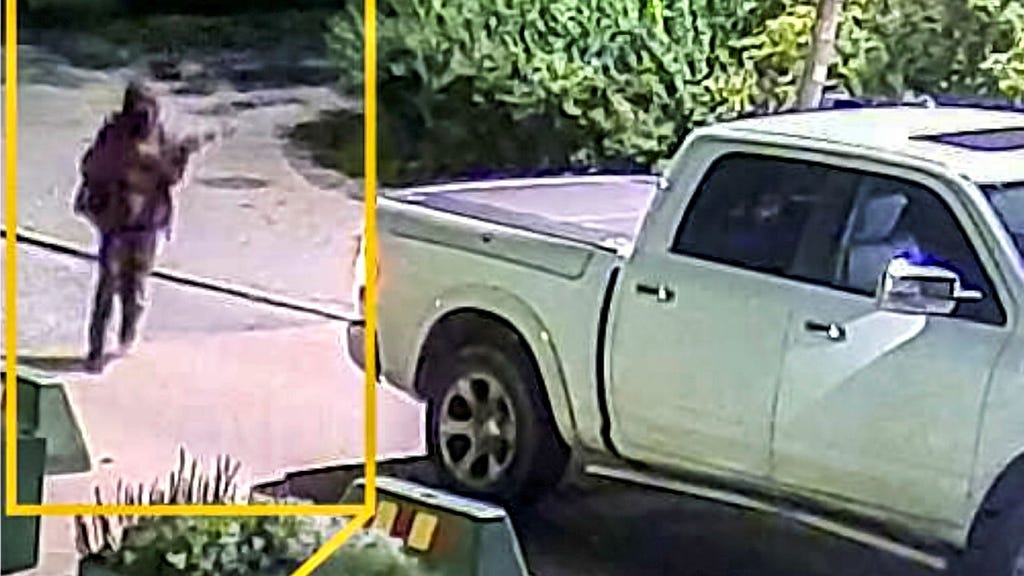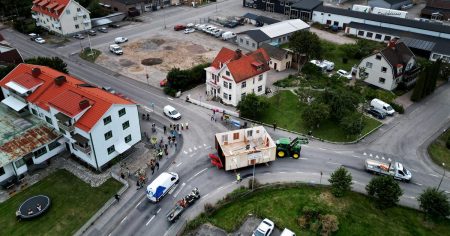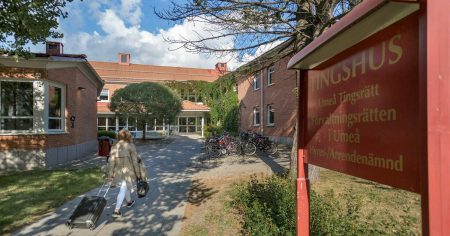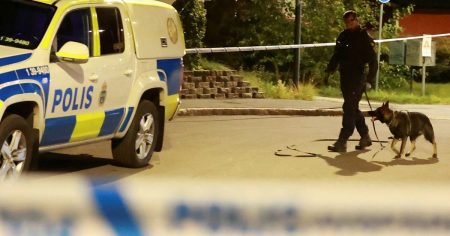The escalating violence in Sweden during September 2023, claiming twelve lives, was largely concentrated in the Stockholm region and attributed by police to the ongoing gang war between the Foxtrot network and its rivals. Two incidents towards the end of the month, a murder attempt on a man in his 60s in Åkersberga and the murder of a 23-year-old man in Jordbro, Haninge municipality, became focal points of this wave of violence, leading to charges being filed in October of the same year. These attacks were believed to be retaliatory actions connected to the broader conflict.
The Södertörn District Court handed down life sentences to four individuals for their roles in the murder and attempted murders. One individual was acquitted of the murder charge but received a sentence of one year and ten months for aggravated weapons offences. A 14-year-old boy was also found guilty of attempted murder, arson, and aggravated weapons offenses in connection with the same case, but due to his age, could not be formally punished. The court emphasized the severity and premeditation of the crimes, involving firearm attacks against innocent bystanders, as justification for the life sentences.
The court’s decision to impose life sentences even for those convicted of aiding and abetting was influenced by a newly enacted legal provision, effective from July 1, 2023, specifically targeting firearm violence within gang conflicts. This provision underscores the gravity with which such crimes are viewed by the Swedish legal system and reflects a broader societal concern regarding escalating gang violence. The stiff penalties aim to deter future acts of violence and disrupt the cycle of retribution.
In addition to the life sentences, a 23-year-old woman received a suspended sentence for aggravated protection of a criminal. Another man, 20 years old at the time of the events, was fully acquitted of charges related to aiding and abetting murder and attempted murder. The case highlighted the complex web of individuals involved in gang-related activities and the varying degrees of culpability assigned by the court.
The events leading up to the charges paint a picture of escalating tensions and targeted violence. The attempted murder in Åkersberga stemmed from an arson attack on a property where a relative of gang leader Ismail Abdo, embroiled in a conflict with Rawa Majid, leader of the Foxtrot network, had been residing. The 60-year-old victim, who had rented out an annex on his property to Abdo’s relative, was shot while attempting to extinguish the fire started by Molotov cocktails. Crucially, the victim had no known connection to gang activity, highlighting the indiscriminate nature of the violence.
The subsequent murder in Jordbro the following day further underscored the escalating brutality. A drive-by shooting at a residential gathering claimed the life of a 23-year-old man, also without apparent ties to gang activity. The perpetrators’ escape vehicle crashed shortly after the incident, linking them directly to the crime. Prior to the shooting, the same vehicle had been stopped by police on suspicion of drug-related activity but was released after a routine check, raising questions about potential missed opportunities for intervention. These events unfolded against the backdrop of an ongoing gang war, with subsequent attacks targeting the homes of the individuals charged in this case, further illustrating the relentless cycle of violence and retaliation.














